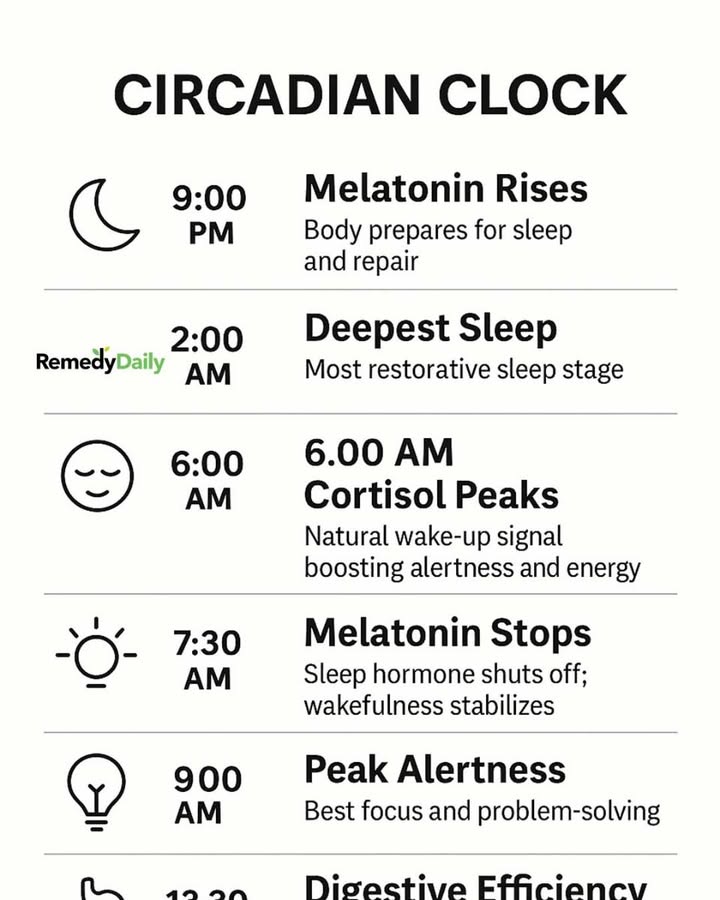In the intricate tapestry of human biology, the circadian clock stands out as a vital regulator of health and well-being. This internal timekeeping system orchestrates a range of physiological processes, aligning them with the 24-hour cycle of day and night. Understanding the nuances of this biological rhythm can offer profound insights into improving sleep, productivity, and overall health.
Our circadian rhythm is influenced by various external cues, the most significant being light. When this rhythm is disrupted, whether by travel across time zones or irregular sleeping patterns, it can lead to a host of health issues. This article delves into the specifics of how the circadian clock operates and why it is essential to maintain its proper function.
Understanding the Circadian Clock
The circadian clock is a complex system that governs the sleep-wake cycle, hormone release, eating habits, and other bodily functions. It is primarily located in the suprachiasmatic nucleus (SCN) of the brain, a cluster of about 20,000 nerve cells in the hypothalamus. The SCN receives direct input from the eyes, allowing it to respond to changes in light and darkness.
On a molecular level, the circadian clock is driven by a set of genes and proteins that interact in a feedback loop. Clock genes, such as CLOCK and BMAL1, help initiate the transcription of other genes that influence physiological processes. These rhythms typically follow a 24-hour cycle, but they can adjust slightly in response to external environmental cues, a process known as entrainment.
6:00 AM – Cortisol Peaks
Around sunrise, your body experiences a natural spike in cortisol, often called the “stress hormone.” This surge isn’t a bad thing—it’s the body’s way of signaling wakefulness and preparing you for the day ahead. Cortisol helps increase blood sugar, quickens your pulse slightly, and makes you more alert.
Instead of relying heavily on coffee or alarms, learning to rise with this natural rhythm can make mornings feel smoother. Exposing yourself to natural light right after waking can enhance this effect, reinforcing your internal clock and boosting energy.
